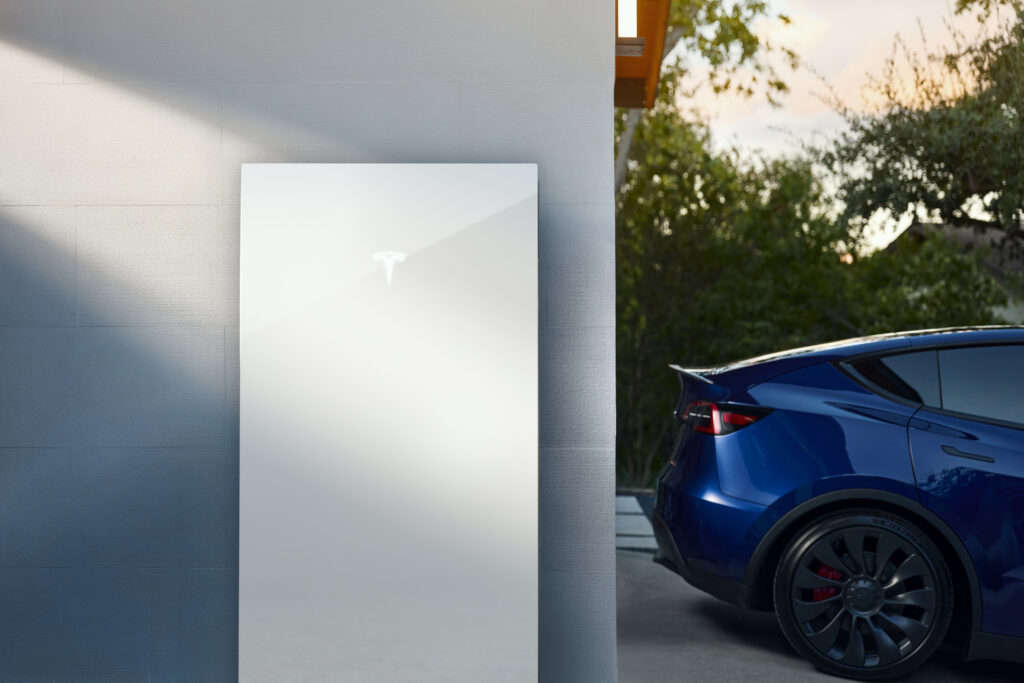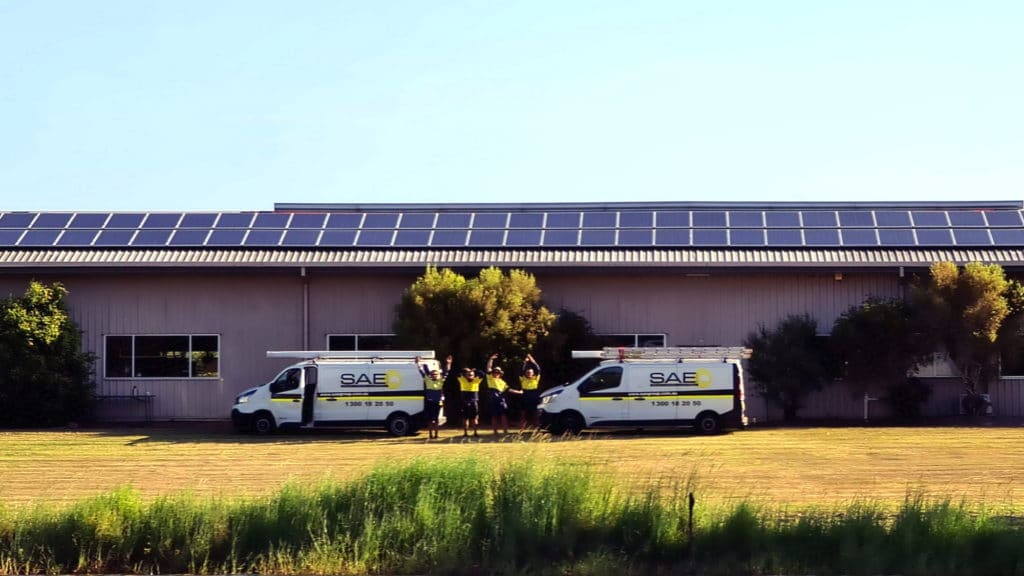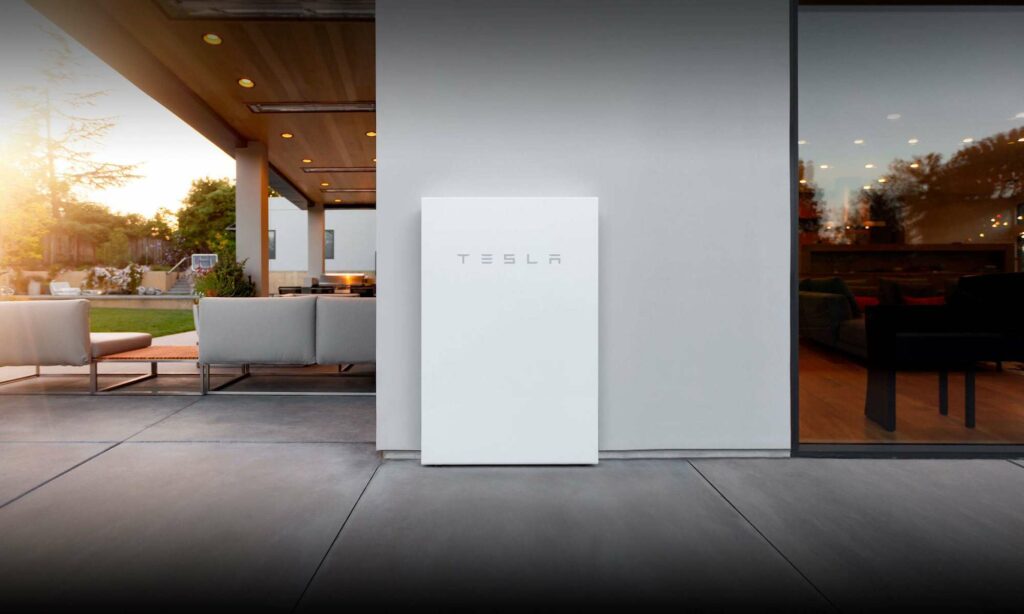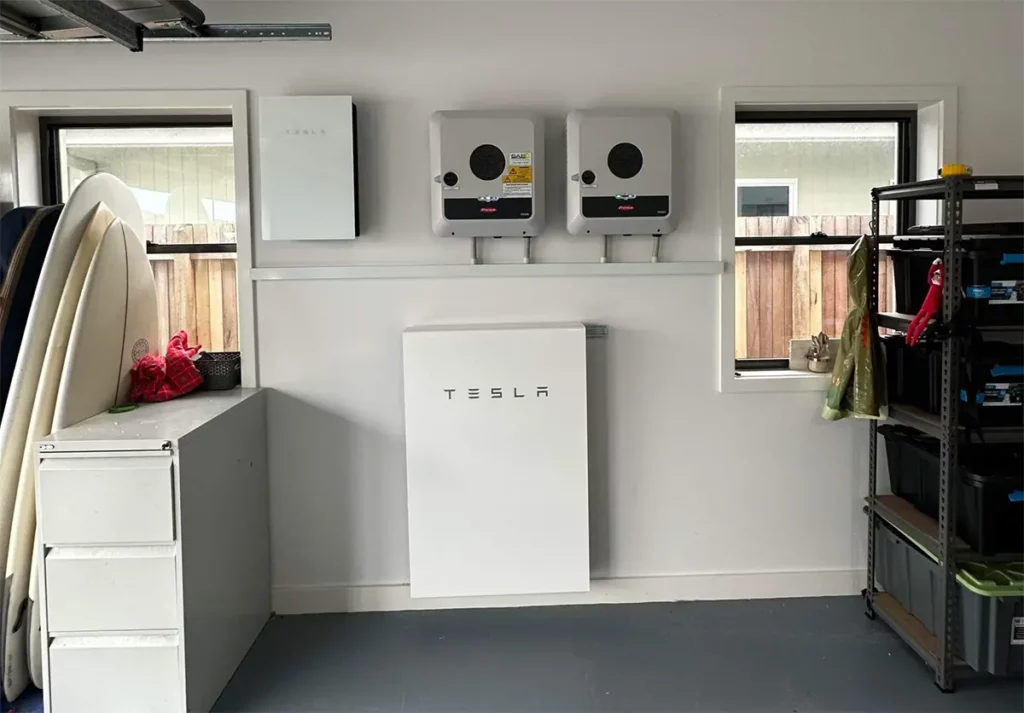Solar Energy ROI: What Businesses Need to Know
Home » Solar Energy ROI: What Businesses Need to Know
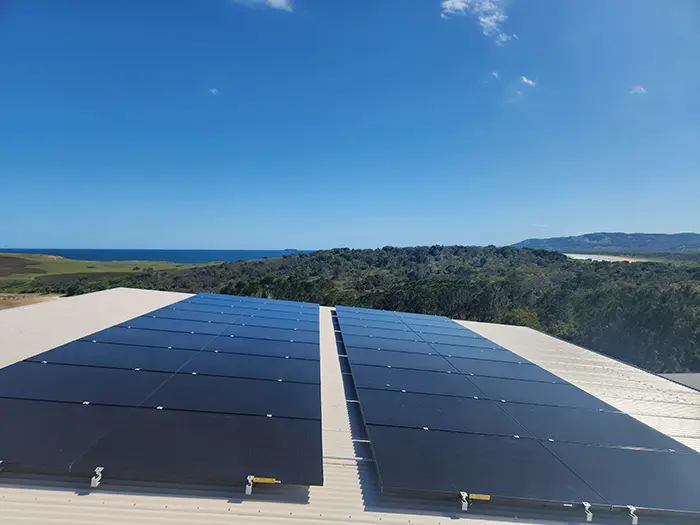
In today’s environmentally conscious world, businesses are increasingly turning to solar energy, not just for its ecological benefits but also for its financial rewards. Understanding the return on investment (ROI) for solar energy is crucial for any business considering this sustainable leap.
Understanding Solar Panel ROI
Solar panel ROI is an essential metric for businesses evaluating the financial viability of transitioning to solar energy. It provides a clear picture of the long-term benefits versus the initial costs involved in installing a solar panel system. Calculating the ROI involves several key factors:
Cost of Installation: This includes the price of the solar panels themselves, along with any additional equipment needed, labour costs for installation, and any permitting or inspection fees. It’s the initial investment a business makes in its solar project.
Energy Savings: One of the most significant contributors to solar panel ROI is the savings on electricity bills. Over time, the cost of solar energy often proves to be lower than purchasing electricity from the grid, especially with rising energy prices. These savings are a continuous benefit, accumulating for as long as the solar panels are operational.
System’s Lifespan: Solar panels typically have a long lifespan, often 25 years or more. The longer the system lasts, the greater the potential for ROI, as the initial investment is spread out over many years of energy savings.
Maintenance Costs: While generally low, maintenance costs for solar panels should also be factored into the ROI calculation. Regular maintenance ensures the system operates at peak efficiency and prolongs its lifespan.
Government Incentives and Tax Breaks: Many regions offer incentives for installing solar panels, such as tax credits, rebates, or feed-in tariffs for excess energy fed back into the grid. These incentives can significantly reduce the initial cost and improve the ROI.
Increase in Property Value: Installing solar panels can increase the value of a business’s property. This potential increase in property value should be considered part of the ROI, as it represents a tangible asset gain.
Energy Independence: While not a direct financial benefit, the independence from utility companies and the security against rising energy costs add intangible value to the investment in solar panels.
Future Proofing: Future-proofing through solar panel investment represents a strategic hedge against future energy cost increases and potential energy scarcity. By locking in current energy rates and reducing dependence on external power sources, businesses can better predict and manage their future operating costs. This foresight not only enhances financial planning and stability but also positions a business as a sustainable leader in its industry. The move towards renewable energy sources solidifies a company’s market position and ensures it remains competitive and resilient in a future where green credentials are increasingly crucial.
By understanding and calculating solar panel ROI, businesses can make an informed decision about their investment in solar energy. The ROI not only reflects the potential financial returns but also aligns with a commitment to sustainability and energy independence.
Using a Solar Panel ROI Calculator
A solar panel ROI calculator is an invaluable tool for businesses. It helps in estimating the potential savings and payback period, taking into account factors like energy consumption, solar system size, and local energy rates. By inputting specific data, businesses can get a tailored estimation of their solar investment returns.
The Commercial Solar Panel Revolution
Commercial solar panels are becoming a symbol of modern, sustainable business practices. By installing commercial solar panels, companies not only reduce their carbon footprint but also significantly cut down on their energy costs. Over time, these savings can amount to a substantial financial return.
The adoption of commercial solar panels also reflects a commitment to corporate responsibility and environmental stewardship, enhancing a company’s reputation among consumers and stakeholders. Moreover, solar energy can provide a hedge against fluctuating energy prices, adding financial predictability. For businesses considering this sustainable shift, our solar transition guide is an invaluable resource. It offers detailed insights into the process, from initial consultation to installation and activation, ensuring a smooth and informed transition to solar energy.
Benefits Beyond Savings: Tax Incentives and Brand Image
The ROI of solar panels isn’t limited to direct financial savings. Tax incentives, such as rebates and tax credits, can significantly lower the initial cost of installation, improving the ROI. Additionally, adopting solar energy enhances a company’s brand image, appealing to environmentally conscious consumers and stakeholders.
Commercial Solar Panels Installation: A Case for Efficiency
Commercial solar panels installation is a move towards energy independence and efficiency. Businesses that have adopted solar energy often report a significant reduction in energy costs, contributing positively to their overall profitability.
While specifics vary, numerous businesses across different sectors have seen a marked improvement in their financial metrics after going solar. From small enterprises to large corporations, the shift to solar energy has translated into lower operational costs and an enhanced reputation as a green business.
Partnering with SAE Group
For businesses looking to explore solar energy, partnering with SAE Group is a wise decision. SAE Group offers comprehensive solutions for all solar needs, from consultation to installation. With a focus on quality and efficiency, SAE Group ensures that businesses maximise their solar energy ROI, benefiting from both financial returns and a strengthened commitment to sustainability.
The ROI from solar energy is multifaceted, encompassing direct financial returns, tax benefits, and an enhanced brand image. Businesses considering a move to solar energy can use tools like solar panel ROI calculators to make informed decisions. With the right approach and partnership, such as with SAE Group, the shift to solar energy can be a profitable and responsible business strategy.


